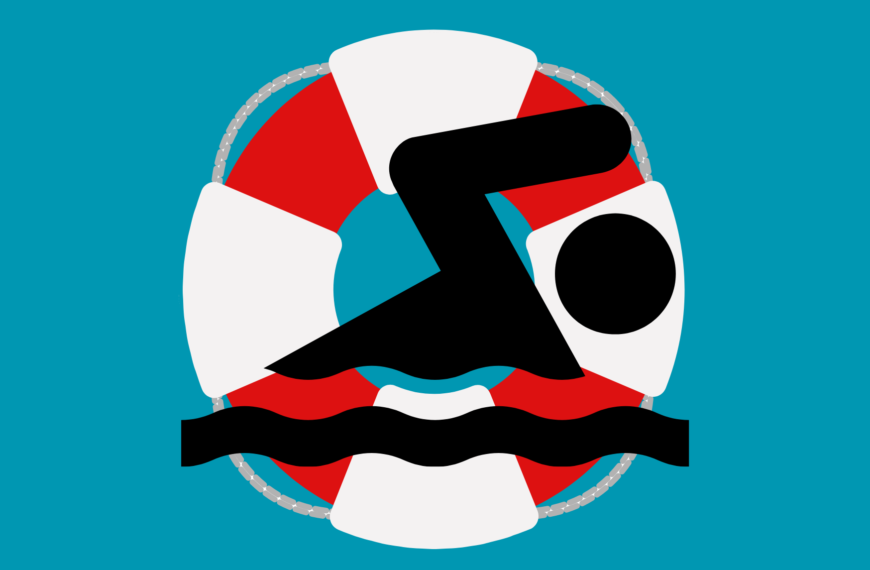
Dive Into Safety: Expert Tips for Enjoying Our Local Waters
Essential Water Safety Tips from a Local Expert
Whether planning a relaxed beach day, a swim, or a snorkeling adventure, understanding water safety is essential for enjoying our beautiful coastline while protecting our marine life. We recently spoke with Greg Carson, co-owner of Taino Divers and founder of the Rincón Water Safety Organization, to gather expert tips on staying safe in the water. Carson, an avid free diver, big wave surfer, and blue water hunter, brings a wealth of experience. His certifications include USCG 100-Ton Master Captain, PADI Master Scuba Instructor, MFA/CPR Ocean Rescue Instructor, FII Certified Waterman Survival Level 2 Free Diver, BWRAG Instructor, and Certified Ocean/MRV Technician.
Snorkeling Essentials:
When snorkeling, personal safety is paramount. Carson recommends wearing Lycra instead of sunscreen to avoid sunburn, especially on the back of your legs, as it offers UV protection without harming the reef. Always snorkel with a guide who knows safe entry and exit points, crucial in avoiding sharp rocks, coral, and sea urchins.
Hydration is also key. Drink water before heading out because snorkeling and swimming can be physically demanding, exposing you to surge, wind chop, currents, and swells. Ensure you are physically fit and a proficient swimmer. If not, ask for a snorkel-friendly life jacket. Additionally, remember to respect the marine environment: “Only leave bubbles” in the water—don’t kick the reef with your fins or touch anything.
Swimming Safety:
Entry and exit points are just as critical when swimming. Each beach is unique, and a wrong move can turn a delightful day into a disaster. If you are unsure of where to enter the water, ask a local. And if you don’t see locals swimming, it might be best to stay out. Pay attention to posted advisories and heed their warnings.
The rule of thumb? “If in doubt, don’t go out!”
Seasonal Water Changes:
The waters around Rincón change with the seasons. From September through May, be particularly cautious of swells and rip currents. A calm beach one day might not be safe the next. During the winter months, starting in December, the Christmas Winds kick up, making it best to swim or snorkel early before the winds rise around 10 a.m.
What to Do If You Get Into Trouble:
If you are in trouble, don’t hesitate to call for help. Pride shouldn’t stand in the way of safety. If caught in a rip current, swim parallel to the beach toward the waves. It might seem counterintuitive, but this is where you want to be. The waves often break where the water is shallower, potentially allowing you to stand and helping push you back to shore. Remember, the calm-looking areas between waves can indicate a rip current—avoid them.
Choosing the Right Dive or Snorkel Outfitter:
A good dive or snorkel outfitter prioritizes your safety above all. At Taino Divers, they constantly monitor water conditions and won’t rent equipment if it’s unsafe to go out. Their location near the marina in Rincón provides access to some of the best snorkeling spots, including “Little Malibu.” They offer a variety of snorkeling and diving tours, both from shore and by boat.To learn more about Taino Divers, view their listing in our Business and Service Directory
For more information or to support the Rincón Water Safety Organization, visit www.rinconwatersafetyorganization.org.
Stay safe and enjoy our waters responsibly!



